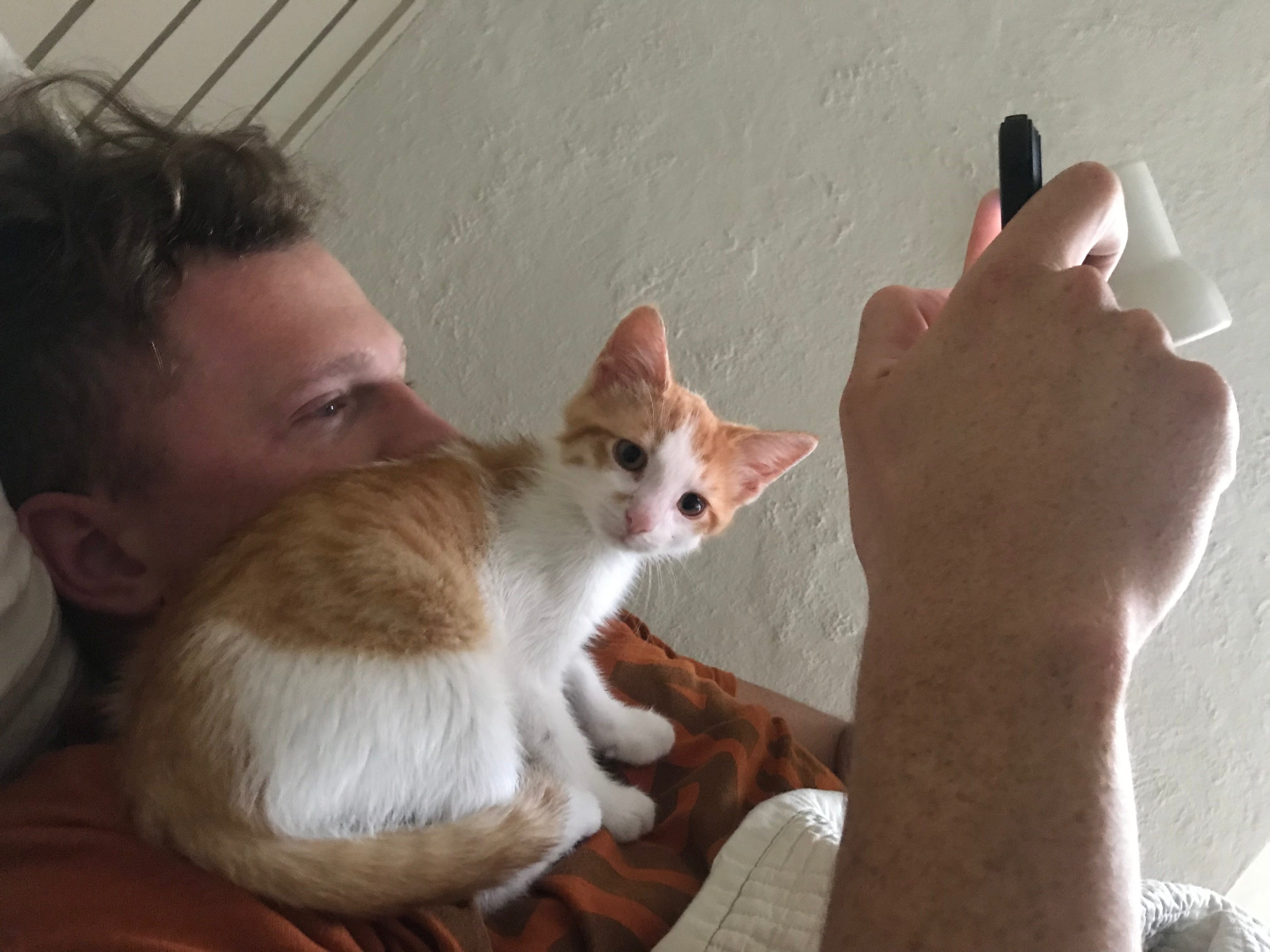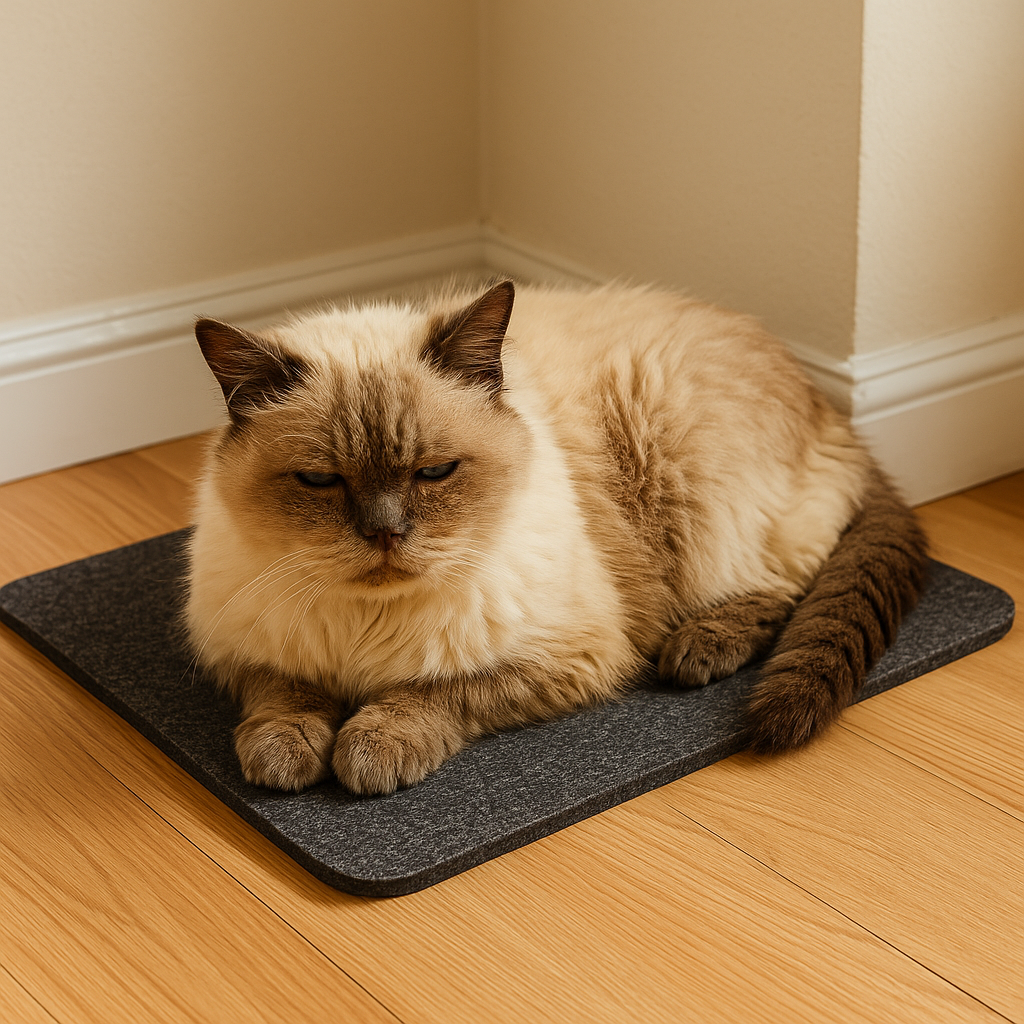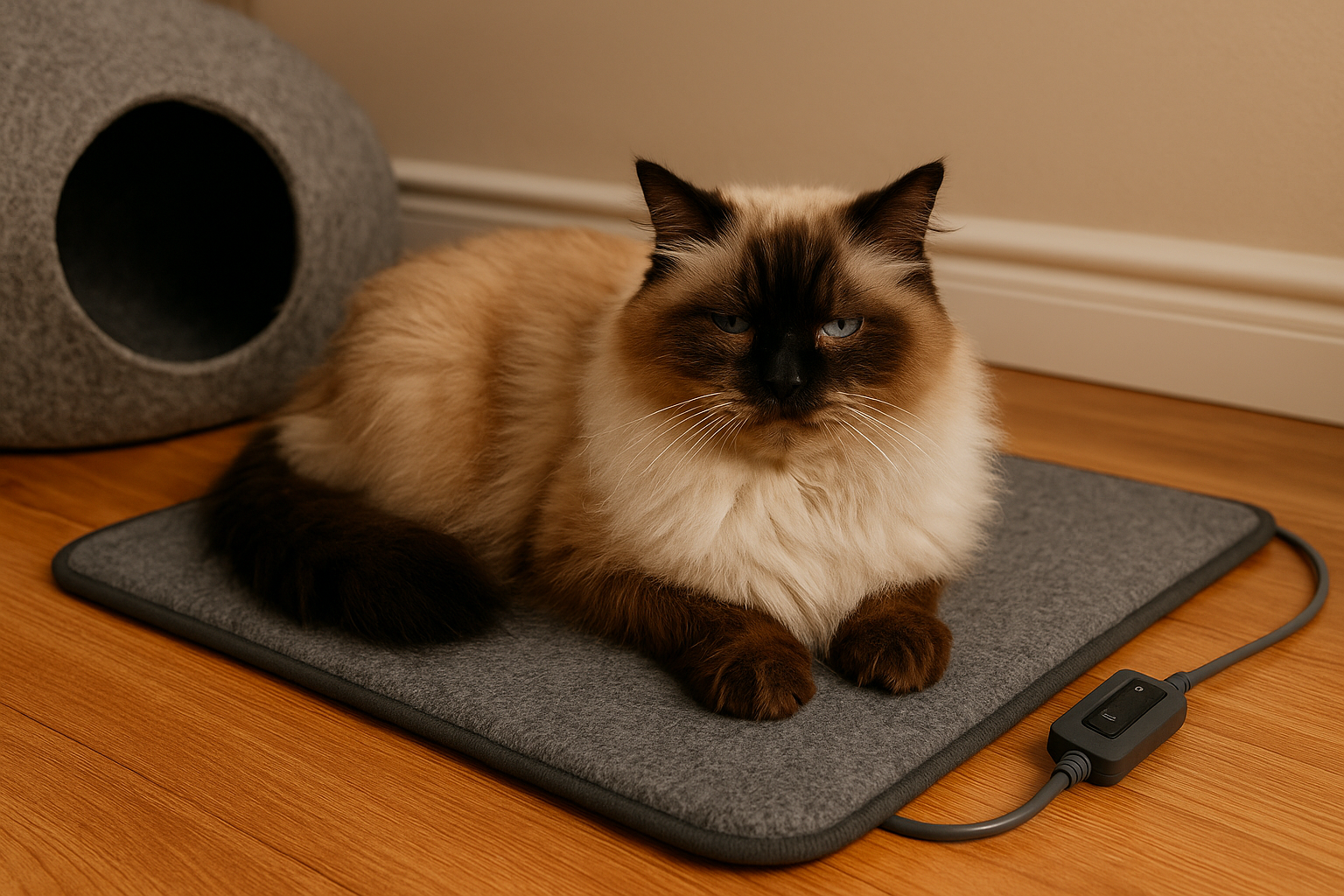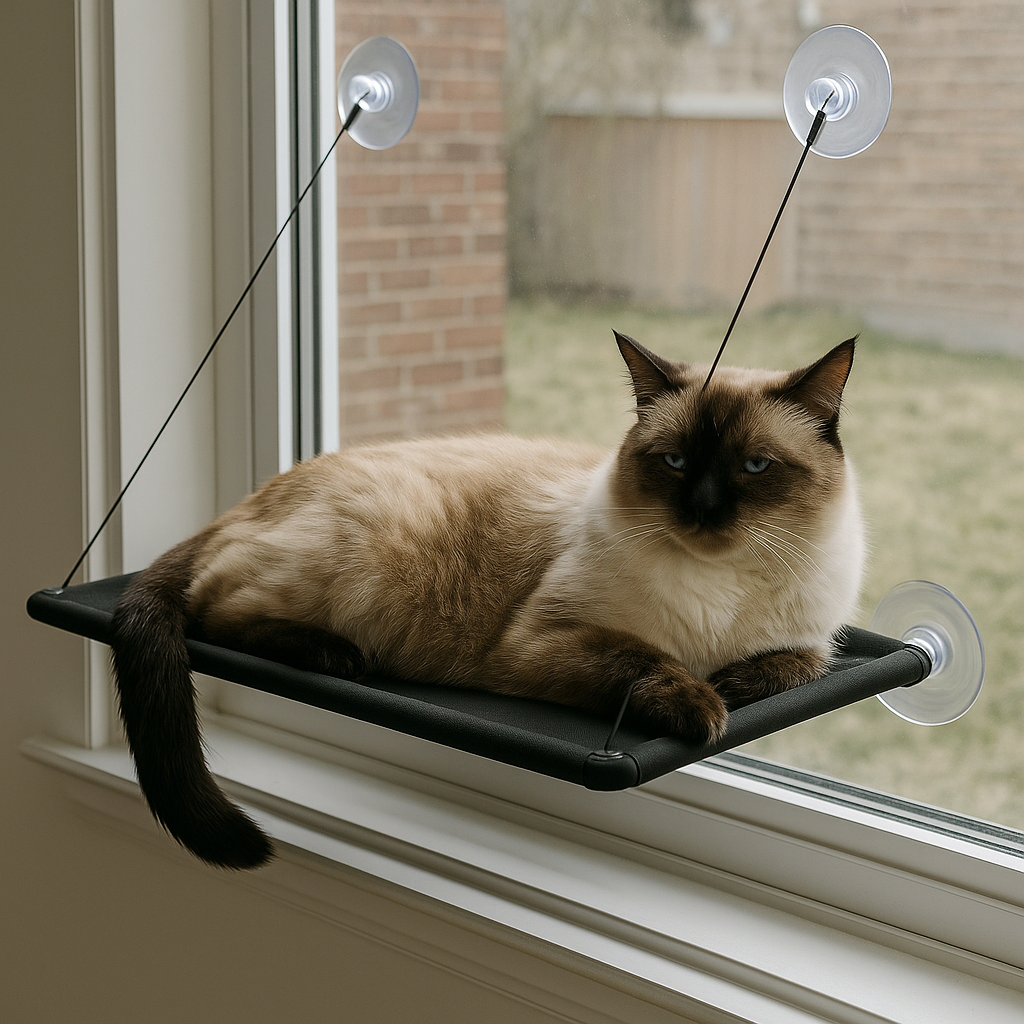Common Cat Heart Diseases 2025: Signs, Types & Care Tips ❤️
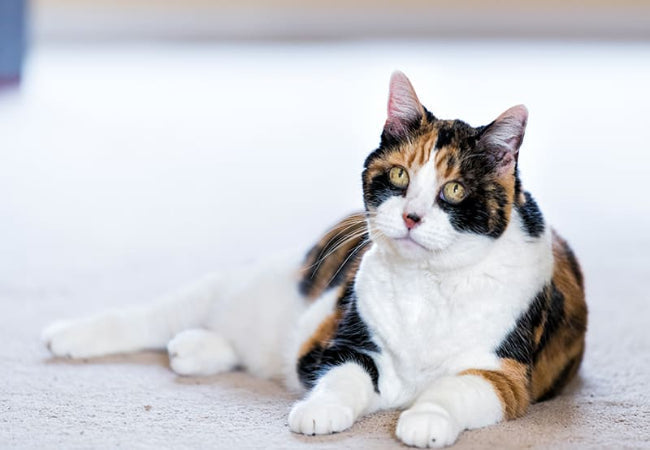
In this article
Common Cat Heart Diseases 2025: Signs, Types & Care Tips ❤️
By Dr. Duncan Houston BVSc
Heart disease is a serious health concern in cats and can affect cats of all ages. Understanding the different types of heart disease and recognizing the warning signs can help cat owners provide timely care and improve their cat’s quality of life. Broadly, heart disease in cats can be classified into congenital (present from birth) and acquired (develop later in life).
1. Hypertrophic Cardiomyopathy (HCM)
Hypertrophic Cardiomyopathy is the most common heart disease in cats.
-
What happens: The walls of the heart, particularly the left ventricle, thicken, making it harder for the heart to pump blood efficiently.
-
Potential complications: Severe cases can lead to heart failure, arterial thromboembolism (blood clots that can block blood flow to the limbs or organs), or even sudden death.
-
Signs to watch for: Rapid breathing, difficulty breathing, lethargy, or fainting.
Tip: HCM can sometimes be silent in the early stages, so regular vet check-ups are important, especially for breeds prone to this condition (e.g., Maine Coons and Ragdolls).
2. Dilated Cardiomyopathy (DCM)
Dilated Cardiomyopathy used to be more common but has decreased thanks to better nutrition, particularly the inclusion of taurine in commercial cat food.
-
What happens: The heart chambers become enlarged and weakened, reducing the heart's ability to pump blood effectively.
-
Symptoms: Lethargy, breathing difficulties, poor appetite, or fluid buildup in the lungs or abdomen.
-
Prevention: Feeding a nutritionally complete diet with taurine helps reduce the risk of DCM.
3. Restrictive Cardiomyopathy (RCM)
Restrictive Cardiomyopathy is less common but can be serious.
-
What happens: The heart walls become stiff, preventing the chambers from filling properly with blood.
-
Consequences: This can reduce blood flow throughout the body and lead to heart failure.
-
Signs to watch for: Rapid or labored breathing, fainting, or general weakness.
4. Congenital Heart Defects
Some cats are born with heart abnormalities, known as congenital defects.
-
Common defects include:
-
Ventricular Septal Defect (VSD): A hole between the heart’s ventricles.
-
Patent Ductus Arteriosus (PDA): A blood vessel that should close shortly after birth remains open.
-
-
Impact: These defects can vary in severity. Mild defects may cause no problems, while severe defects can lead to heart failure if untreated.
5. Arrhythmias
Arrhythmias refer to abnormal heart rhythms.
-
Causes: Can occur as a primary condition or as a complication of other heart diseases.
-
Symptoms: Irregular heartbeat, weakness, fainting, or sudden collapse.
-
Diagnosis: Detected via electrocardiograms (EKG) or during a veterinary exam.
6. Heartworm Disease
Although more common in dogs, heartworm disease can affect cats.
-
Cause: A parasitic worm that resides in the heart and pulmonary arteries.
-
Symptoms: Difficulty breathing, coughing, vomiting, or sudden collapse.
-
Prevention: Heartworm prevention medication is recommended for cats living in areas where mosquitoes (which transmit heartworms) are prevalent.
⚠️ Warning Signs of Heart Disease in Cats
If you notice any of the following, it’s crucial to consult your veterinarian promptly:
-
Rapid or labored breathing
-
Fainting or collapse
-
Lethargy or decreased activity
-
Poor appetite or weight loss
-
Swollen abdomen (fluid buildup)
🩺 Diagnosis and Treatment
Diagnosing heart disease in cats may involve:
-
Physical examination: Listening to heart sounds and checking for fluid accumulation.
-
Blood tests: Assess overall health and rule out other conditions.
-
X-rays: Examine heart size and detect fluid in the lungs.
-
Echocardiogram (ultrasound): Visualize heart structure and function.
-
Electrocardiogram (EKG): Detect abnormal heart rhythms.
Treatment options vary depending on the type and severity of heart disease. Medications may help manage heart function, reduce fluid buildup, or control blood pressure. In some cases, surgery or specialized interventions may be recommended.
✅ Final Thoughts
Heart disease in cats is a serious condition, but early detection can make a significant difference in your cat’s quality of life. Regular veterinary check-ups, a healthy diet, and monitoring for subtle changes in behavior or breathing can help catch problems early.
If you suspect your cat may have heart disease, don’t wait—contact your veterinarian immediately. Timely intervention can save your cat’s life.




